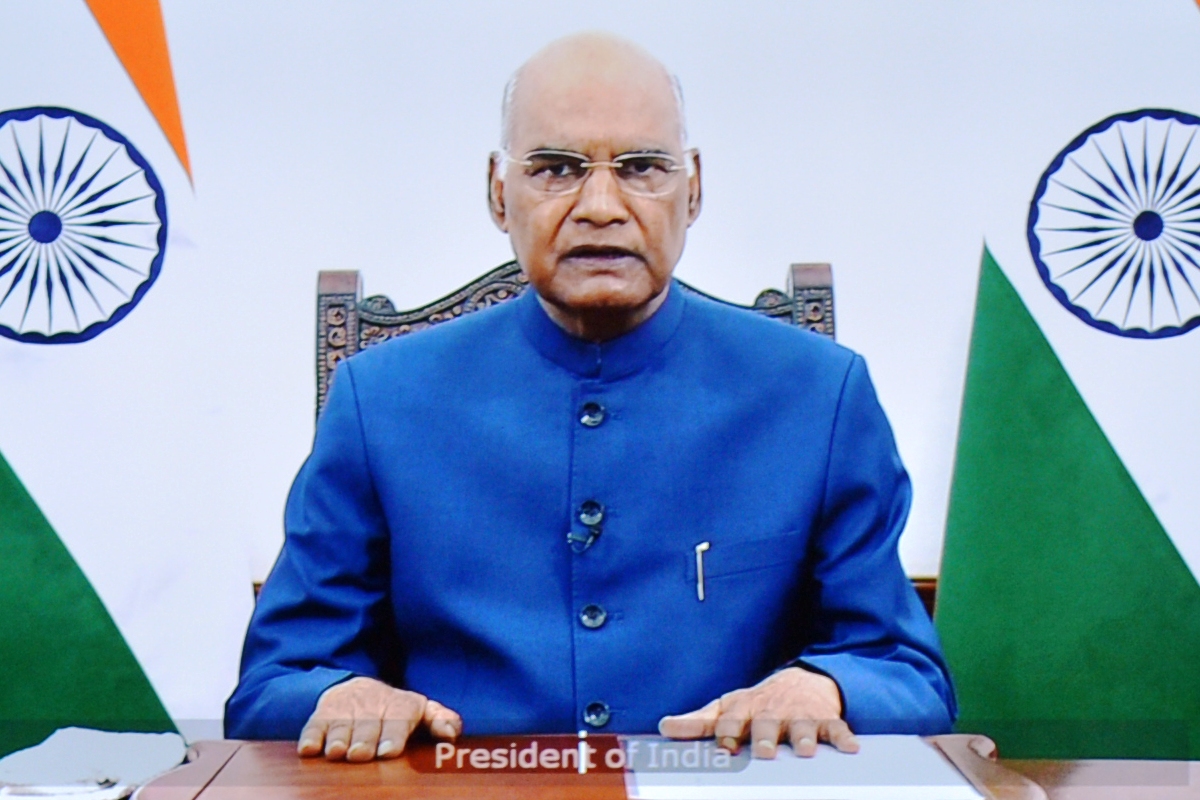The National Education Policy (NEP) aims to reorient the education system towards meeting the needs of the 21st century by achieving the twin objectives of inclusion and excellence. It sets the vision of developing an equitable and vibrant knowledge society by providing quality education to all, said President Ram Nath Kovind in the inaugural address of Visitors’ Conference on ‘Implementation of National Education Policy 2020 in Higher Education’ on Saturday.
Appreciating the efforts of the Education Ministry and Dr Kasturirangan and his team, who prepared the policy, the President mentioned that the Policy has been prepared after extensive consultation with 2.5 lakh gram panchayats, more than 12,500 local bodies and about 675 districts generating more than two lakh suggestions thereby reflecting a ground-level understanding.
Advertisement
Encouraging institutions of higher education, President Kovind observed that these institutes have a greater responsibility of making India a global knowledge superpower. The quality standards set as a benchmark by these institutions would be followed by other institutions. The President emphasized that fundamental principles of the policy include creativity and critical thinking in order to encourage logical decision-making and innovation.
President Kovind, describing the novel features of NEP, said that it would also introduce the system of Academic Bank of Credits. It would digitally store the academic credits earned from various Higher Education Institutions so that degrees can be awarded, taking into account the credits earned by students. This would allow students the freedom to take courses as per their vocational, professional or intellectual requirements in addition to giving flexibility of suitable exit and re-entry points.
The President also highlighted that the target of the NEP 2020 is to increase the Gross Enrolment Ratio or GER in higher education to 50 percent by 2035. He observed that the online system of education can also be utilized to reach this target especially in catering to the female students or those who do not have physical access to educational institutions as well as the international students.
The conference saw the participation of Vice-Chancellors of all Central Universities and Directors of IITs, NITs, SPAs etc.











